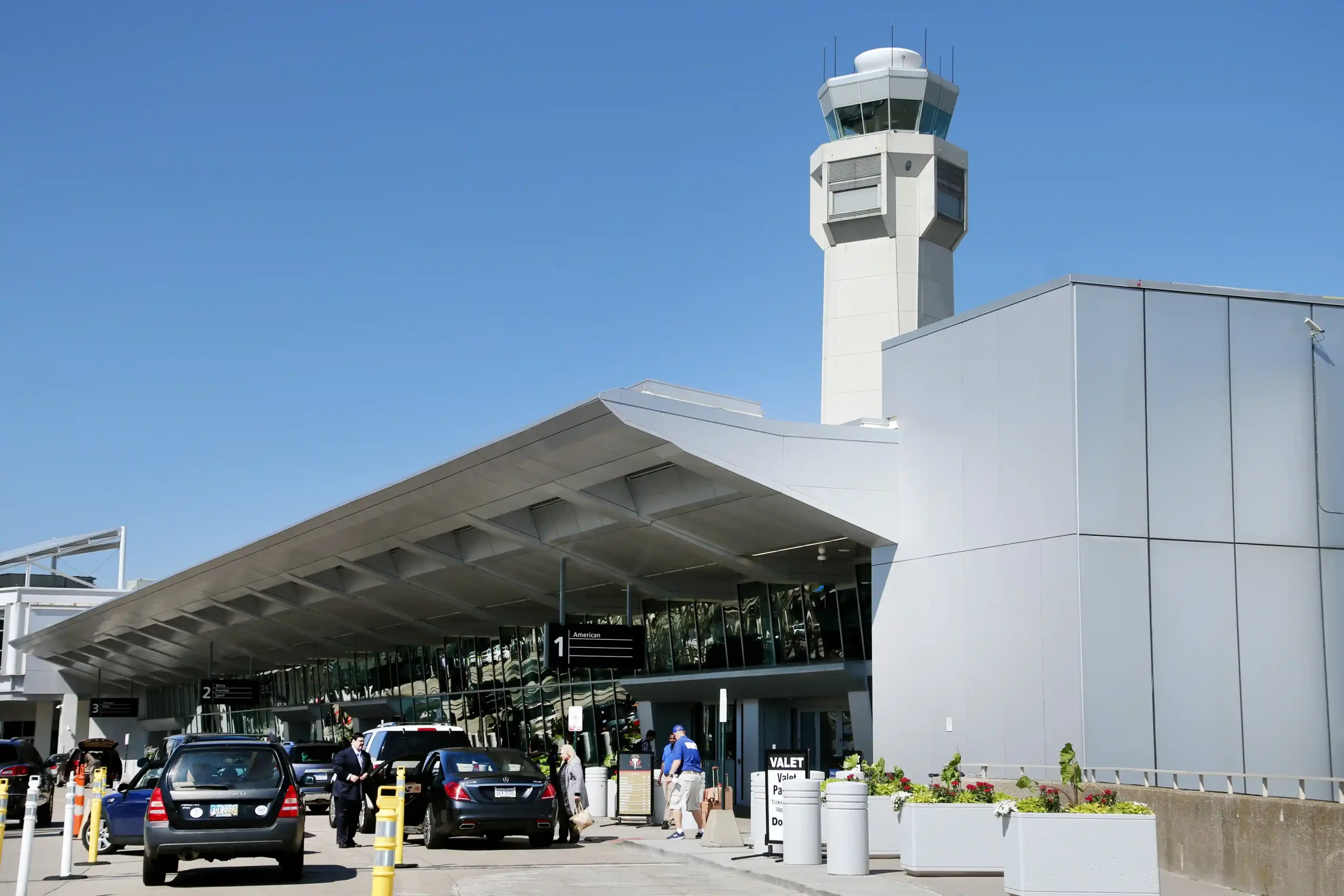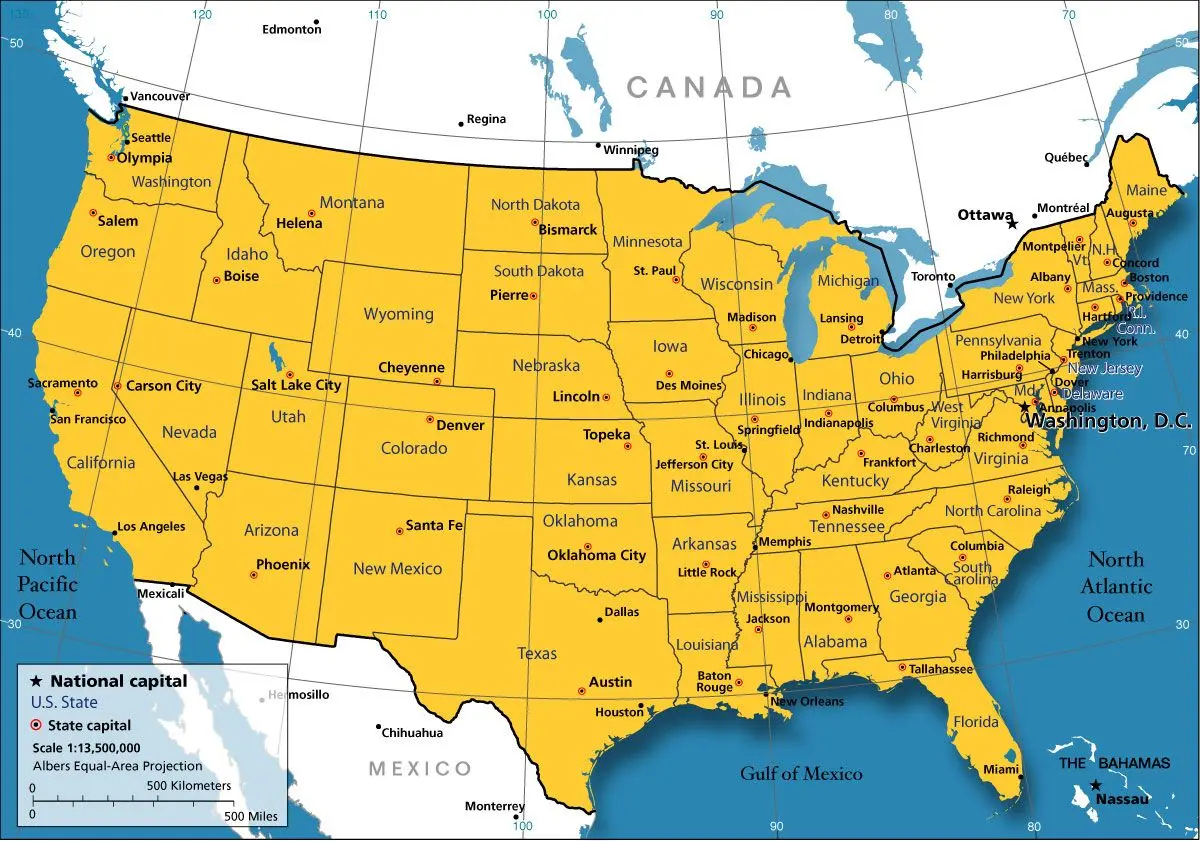In the ever-changing landscape of the tourism industry, travel agents play a pivotal role in crafting seamless and memorable travel experiences for their clients. As the industry becomes more dynamic and customer expectations rise, it is imperative for tourism companies to invest in the professional growth of their travel agents. Selecting the right training program is not just a strategic investment but a necessity for companies aiming to differentiate themselves in a highly competitive market. A well-curated training program equips travel agents with the skills, knowledge, and tools they need to excel in their roles and provide exceptional service.
The scope of training programs for travel agents extends beyond basic itinerary planning. It encompasses areas such as international travel regulations, cultural awareness, customer service excellence, and even technological proficiency. These programs are designed to address the unique challenges agents face daily, whether it’s navigating visa complexities for international travelers or tailoring trips to meet specific client preferences. By empowering travel agents with a comprehensive skill set, tourism companies can ensure that they remain adaptable, resourceful, and well-prepared to cater to diverse customer needs.
 Moreover, a strong focus on professional development reflects a company’s commitment to quality and innovation. In an industry driven by customer satisfaction and trust, well-trained travel agents can build lasting relationships with clients, enhancing brand loyalty and reputation. Whether it’s mastering crisis management or embracing sustainability in tourism, the right training program not only enhances an agent’s expertise but also aligns with the company’s broader objectives of growth and customer retention.
Moreover, a strong focus on professional development reflects a company’s commitment to quality and innovation. In an industry driven by customer satisfaction and trust, well-trained travel agents can build lasting relationships with clients, enhancing brand loyalty and reputation. Whether it’s mastering crisis management or embracing sustainability in tourism, the right training program not only enhances an agent’s expertise but also aligns with the company’s broader objectives of growth and customer retention.
Here are the most critical factors to consider when choosing such a program.
1. Coordination and Management Skills

Effective travel agents must possess excellent coordination and management skills to handle multiple clients, itineraries, and service providers seamlessly. A comprehensive training program should include modules on:
- Itinerary Planning: Teaching agents how to create customized travel plans that meet diverse customer needs.
- Time Management: Training agents to manage bookings, cancellations, and rescheduling efficiently.
- Team Collaboration: Developing skills to work with tour guides, transport companies, and hospitality providers to ensure smooth operations.
- Crisis Management: Preparing agents to address unforeseen challenges like flight delays, hotel overbookings, or emergencies effectively.
By focusing on these aspects, the training program equips agents to deliver a seamless travel experience for clients, thereby building trust and customer loyalty.
2. International Travel Services

Given the global nature of the travel industry, agents must have a thorough understanding of international travel regulations, customs, and services. Training programs should focus on:
- Visa and Immigration Rules: Educating agents on the documentation and processes for different countries.
- Currency Exchange and Financial Transactions: Teaching agents about exchange rates, international payment systems, and advising clients on managing foreign transactions.
- Cultural Awareness: Offering insights into cultural etiquette and customs to help clients navigate foreign destinations comfortably.
- Health and Safety Protocols: Informing agents about vaccination requirements, travel insurance options, and health advisories for international travel.
Equipping agents with this knowledge ensures they can confidently assist clients traveling across borders.
3. Customer Service and Professionalism

The cornerstone of any successful travel agency is exceptional customer service. A training program should focus on developing soft skills and professionalism to enhance the client-agent relationship. Key components include:
- Communication Skills: Training agents to listen actively, respond empathetically, and provide clear information to clients.
- Problem-Solving Abilities: Preparing agents to resolve customer issues efficiently and creatively, ensuring client satisfaction.
- Sales Techniques: Teaching agents how to upsell services like premium accommodations or exclusive tours without being pushy.
- Professional Etiquette: Emphasizing punctuality, proper dress codes, and polite behavior to maintain a professional image.
By fostering these skills, travel agents can build long-term relationships with clients and boost customer retention.
4. Meeting Specific Needs and Demands

Different clients have unique preferences, and a training program must prepare agents to address these diverse needs effectively. This includes:
- Niche Market Knowledge: Offering insights into niche travel segments like luxury travel, eco-tourism, adventure tourism, or medical tourism.
- Technology Proficiency: Training agents to use booking platforms, travel apps, and CRM tools to enhance efficiency and personalization.
- Accessibility Planning: Educating agents about arranging travel for clients with special needs, such as elderly travelers or individuals with disabilities.
- Sustainability Practices: Encouraging agents to promote eco-friendly travel options and sustainable tourism initiatives.
By focusing on customization and flexibility, the training program can help agents provide a superior travel experience that exceeds client expectations.
Conclusion
Choosing the right training program for travel agents is a strategic decision that impacts the overall success of a tourism company. Programs that emphasize coordination, international travel expertise, customer service, and meeting specific client needs will empower agents to excel in their roles. By investing in comprehensive training, tourism companies can ensure their agents deliver outstanding service, enhance customer satisfaction, and foster long-term loyalty.
FAQs
1. Why is customer service training important for travel agents?
Customer service training helps travel agents develop communication, problem-solving, and professionalism skills, ensuring they can provide excellent support to clients.
2. What should a training program teach about international travel?
A good program should cover visa requirements, cultural etiquette, currency exchange, and health protocols to equip agents with the knowledge to assist international travelers.
3. How can training programs help agents address niche markets?
Training can offer specialized knowledge about luxury travel, eco-tourism, or adventure tourism, enabling agents to cater to specific client preferences.
4. Should travel agents learn technology skills?
Yes, proficiency in booking platforms, CRM tools, and travel apps enhances efficiency and helps agents provide a seamless experience for clients.
5. How do training programs prepare agents for crisis management?
Training includes scenarios and strategies to handle emergencies like flight delays, overbookings, or lost documents, ensuring agents can assist clients effectively in challenging situations.
















Thanks for ones marvelous posting! I certainly
enjoyed reading it, you happen to be a great author.I will make sure to bookmark your
blog and will often come back sometime soon. I want to encourage
you continue your great job, have a nice morning!